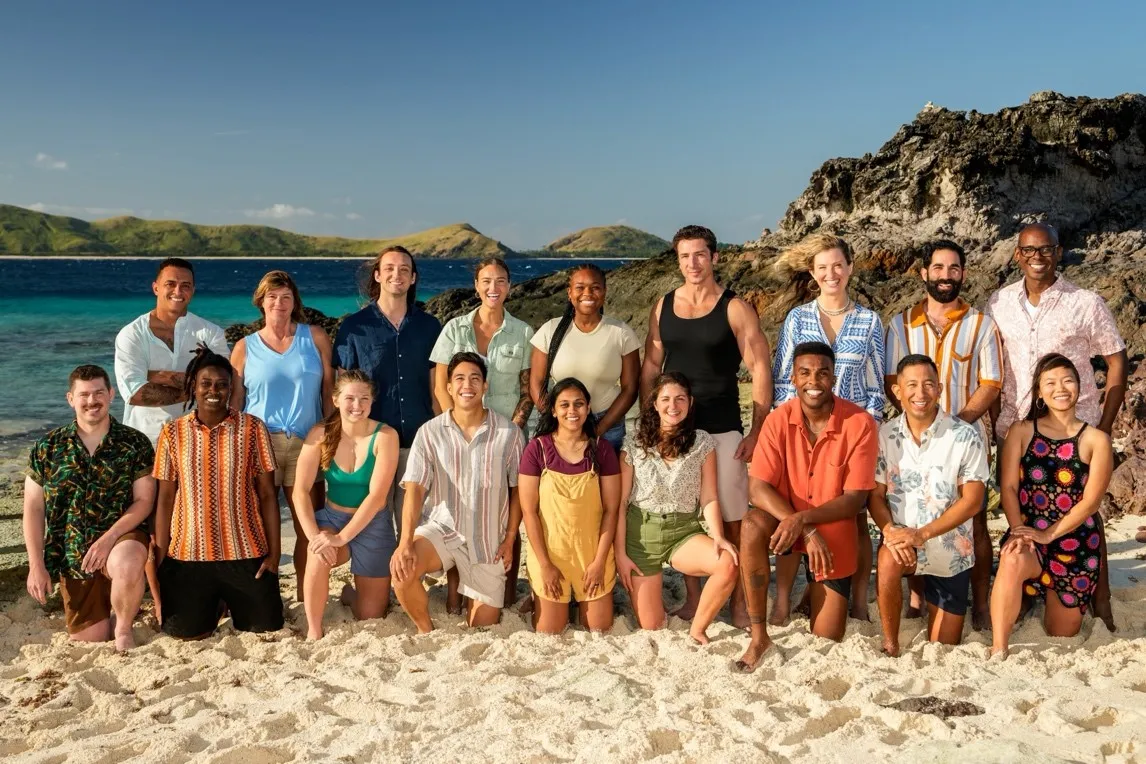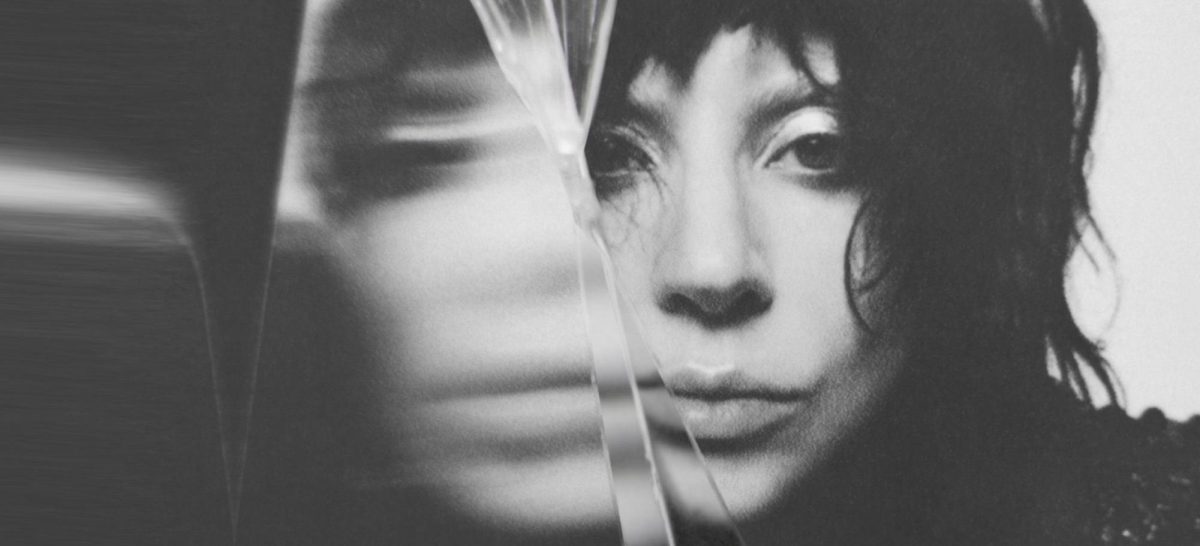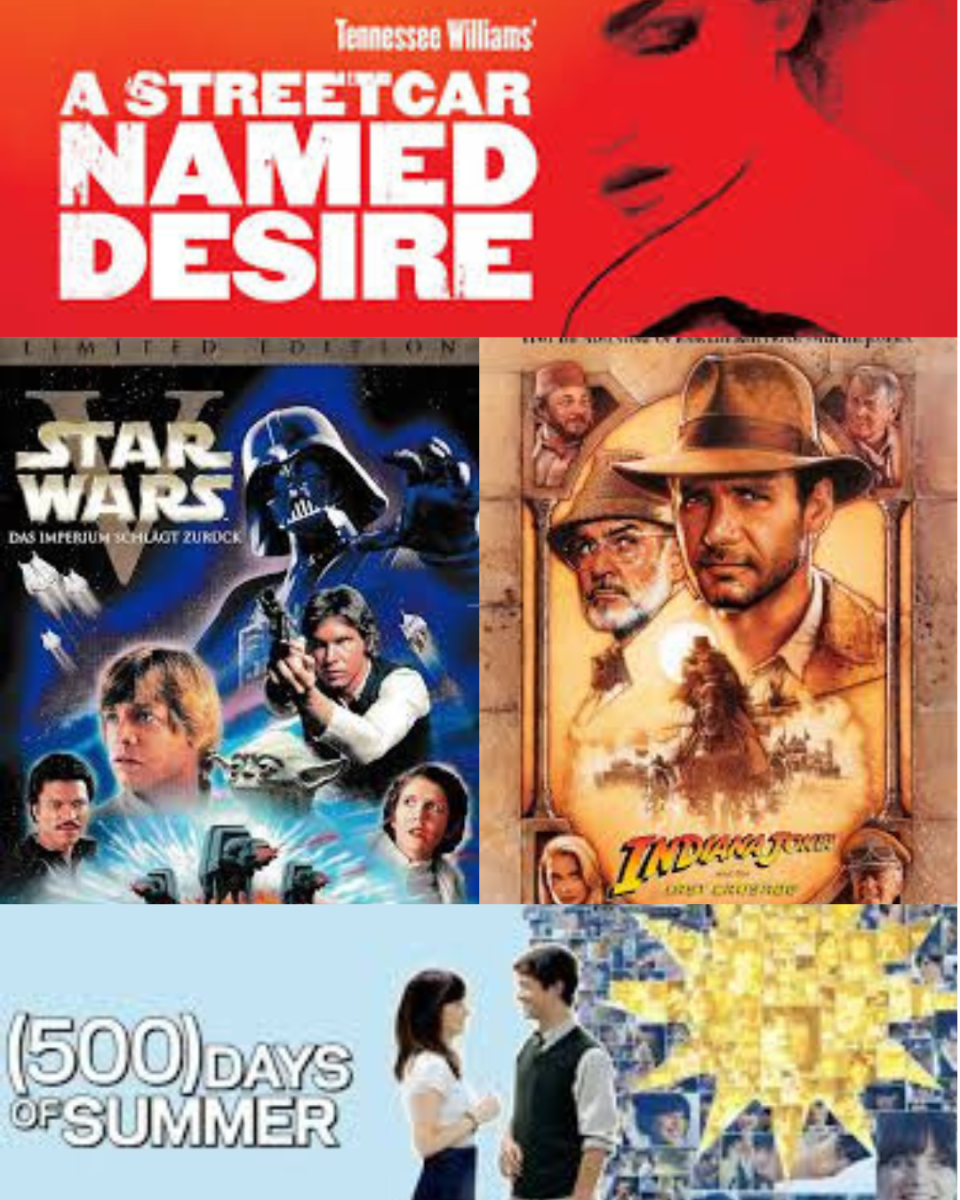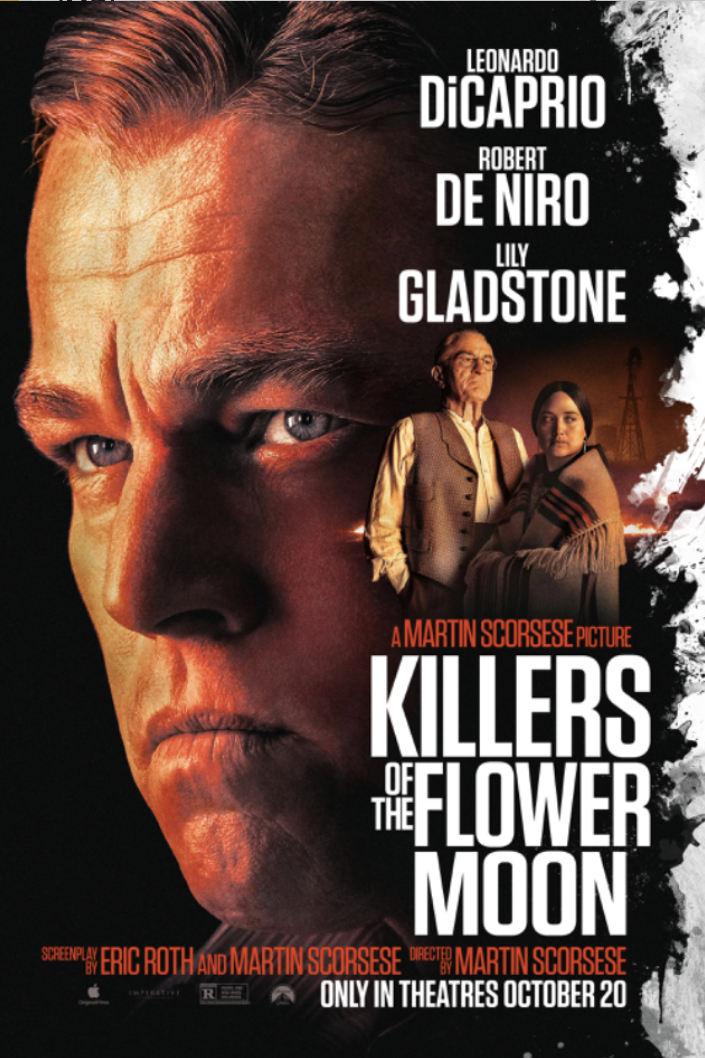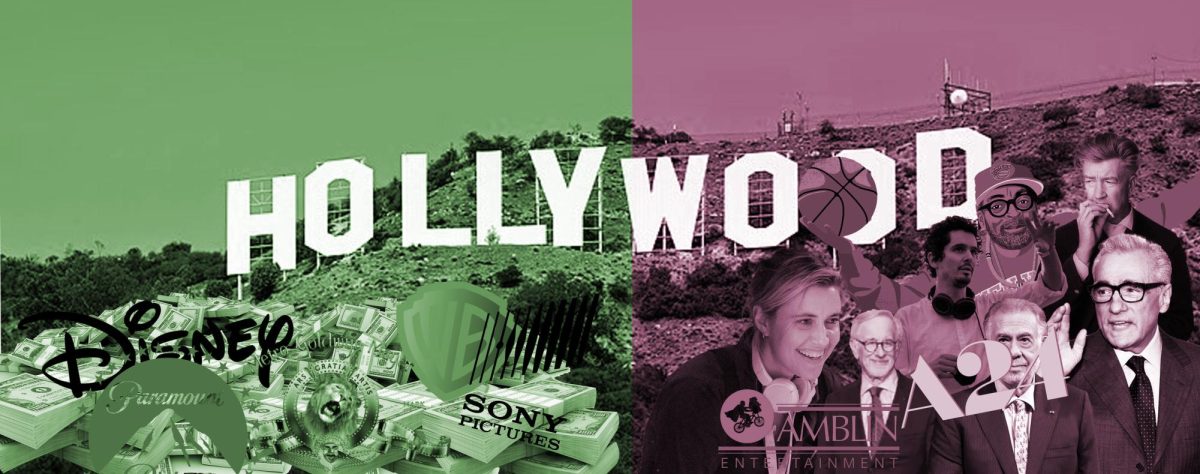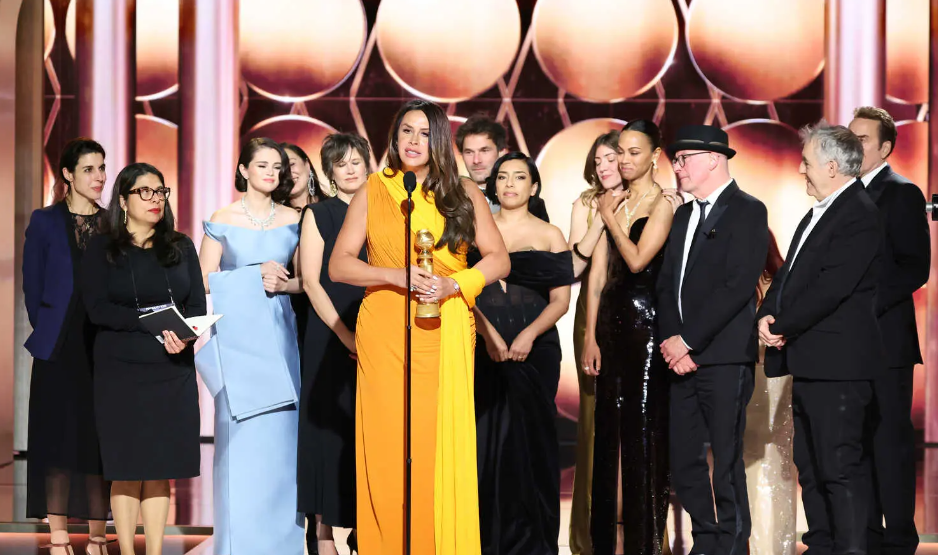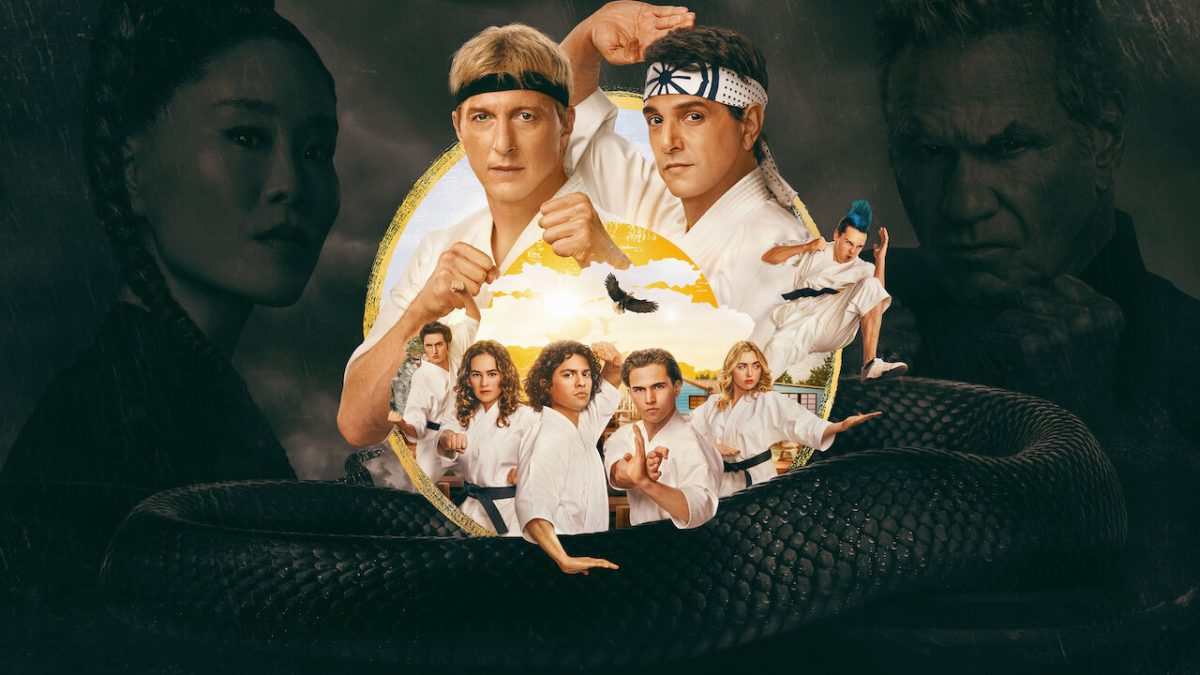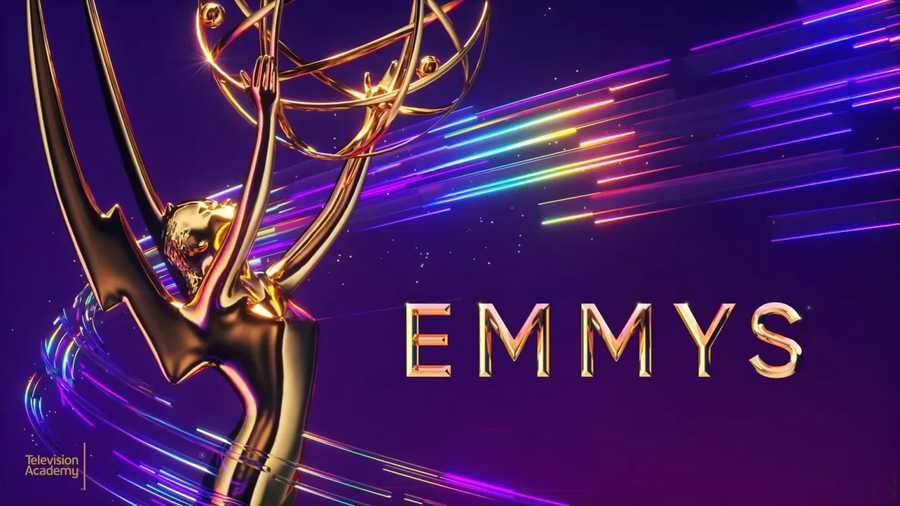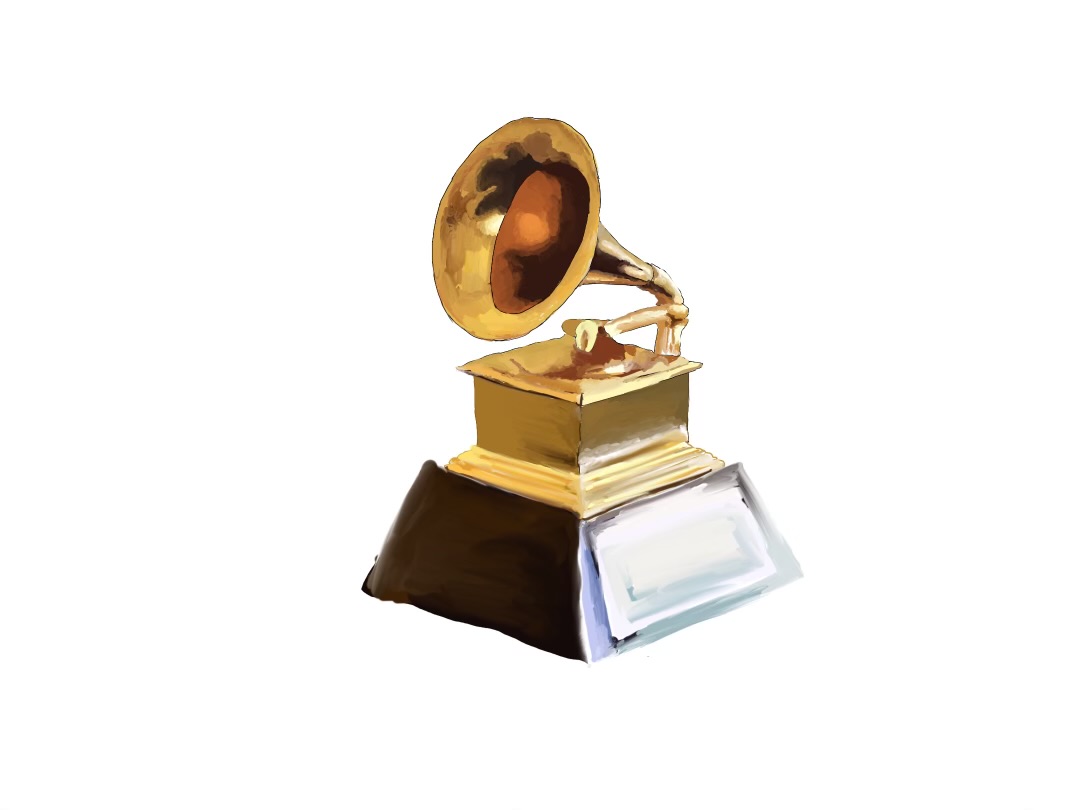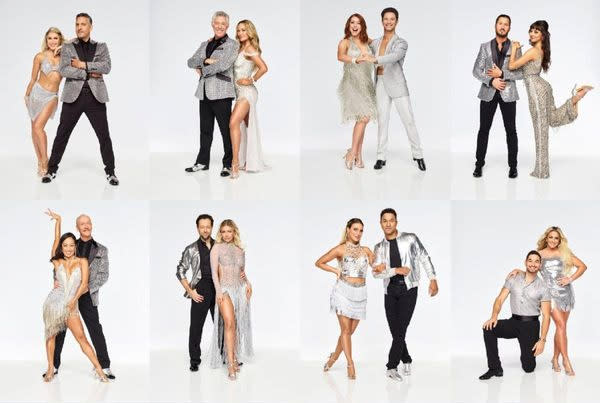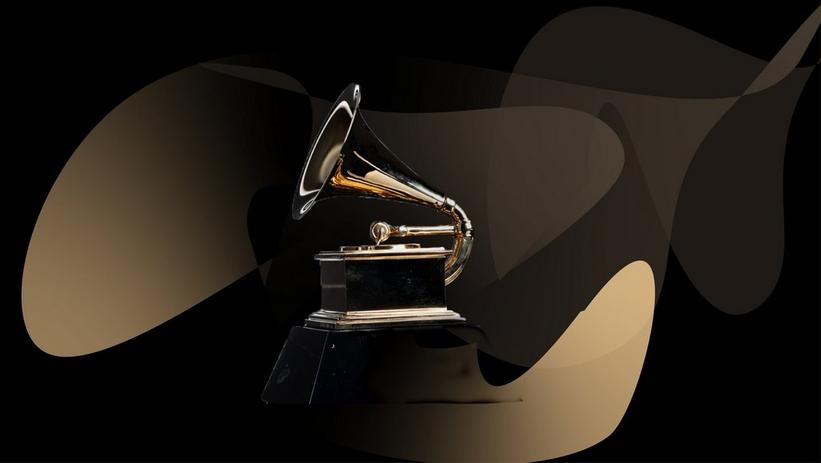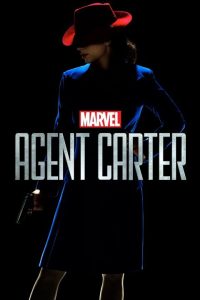
When Iron Man took box offices by storm in May 2008, no one could expect the tremendous success that the Marvel Cinematic Universe franchise would see, including the over seven billion dollars pulled in at the box office in total. While facing tremendous success both critically and financially, the films of the Marvel Cinematic Universe franchise have faced some criticism for an egregious lack of diversity in casting. White, male superheroes make up a huge majority of the protagonists, with the only exceptions being Black Widow (Scarlett Johannson) and Gamora (Zoe Saldana) as part of an ensemble of heroes in The Avengers and Guardians of the Galaxy, respectively. Despite these female heroes and the ladies involved in the ensemble cast of ABC’s show “Agents of S.H.I.E.L.D”, the MCU never created a female-headed project since its inception in 2008 before the premiere of “Agent Carter,” a spin-off of the popular Captain America films, in February 2015.
“Agent Carter”’s greatest strength is its complete acknowledgement of itself as a female-driven program. Taking place in 1940s New York, the show does not shy away from displaying the misogyny that Agent Peggy Carter (Hayley Atwell, reprising her role from Captain America: The First Avenger) faces in the Strategic Scientific Reserve, an intelligence agency concerned with finding Howard Stark, Carter’s friend and weapon inventor accused of selling weapons to enemies of the United States. Both in the workplace and out, Agent Peggy Carter encounters sexism that parallels struggles that women in the workforce still face today; she is consistently underestimated by her boss Chief Dooley (Shea Whigham), forced to give the credit for her work to Agent Thompson (Chad Michael Murray), and treated as a secretary by her male colleagues.
Rather than accepting her role as a subordinate to her coworkers, Agent Carter begins her own investigation into the Stark case, as she and Stark’s butler Jarvis (James D’Arcy) attempt to clear his name. While “Agent Carter” has a somewhat lengthy amount of plot, it has enough satisfying fight scenes to tide over the action-movie audience. Doing a majority of the fighting herself, Atwell shines in her combat scenes; while the conflicts lack the artful finesse of trained fighters like Black Widow, Agent Carter’s simple and efficient fighting styles are entertaining and realistic.
The writers best develop Carter’s character, however, not when she is disarming bad guys or cracking Russian codes, but while she attempts to manage her personal life outside of work, most notably her friendship with waitress Angie Martinelli (Lyndsy Fonseca), an aspiring actress who brings refreshing comic relief to the seriousness of the main plot. In one of the most healthy female friendships on television, the two continuously confide in one another instead of having a hostile or competitive relationship. Carter is very supportive of the women she works and lives with, and she places a large amount of importance in pure female camaraderie. The concept is refreshing in today’s age of very little female-to-female interaction without aggression.
“Agent Carter” is Marvel’s first move towards diversifying their franchise; they also announced plans for Black Panther, their first film with a black hero in a starring role, and Captain Marvel, their first-headed film. While some speculate that the sudden spike in diversity is Marvel’s competitive response to DC’s announcement of a Wonder Woman film, the expanding representation for leading roles is a step in the right direction for the multi-billion dollar franchise.


